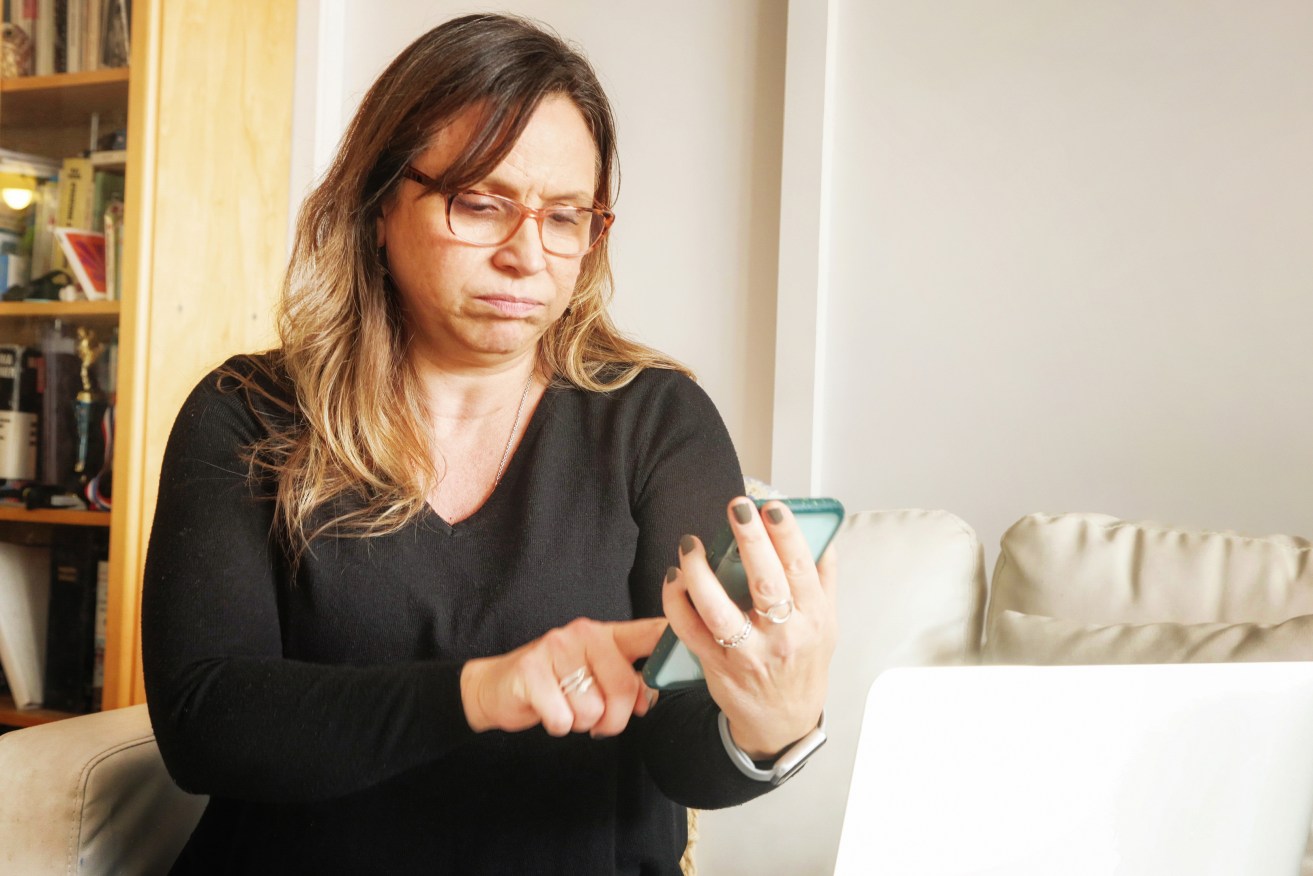Doctors are setting debt collectors on Telehealth bill dodgers

Some patients said they were too busy getting their nails done to pay for their telehealth consultations. Photo: Getty
This week, former AMA president Dr Mukesh Haikerwal told Australian Doctor he has called in debt collectors to chase up payment for Telehealth consultations at his practice in Melbourne because the problem is so bad.
Meanwhile in Sydney, NSW AMA president Dr Michael Bonning told The New Daily this had become an escalating problem for doctors since Telehealth became more accessible.
Dr Haikerwal said a significant number of patients went on a ‘dine and dash’ spree – where they would speak to one of his GPs, receive a prescription or advice over the phone, then hang up when redirected to the front desk for payment of the gap fee.
Dr Bonning said it’s a “twofold issue” with regards to people not paying the gap fee.
Right now, Australians have more access to Telehealth services than ever before, he said, also acknowledging this is a good thing for a number of reasons.
“More of those [Telehealth] consultations have the potential to have a gap fee charge associated with them,” he said.
“The second issue is that many people think the value of a Telehealth consult is less.”
Mounting debts
This is a sentiment shared by Dr Haikerwal, who told Australian Doctor that GPs “bulk-billed or charged low gap fees for Telehealth consultations to appease a false perception among patients that phone or video consults had a low worth.”
Dr Haikerwal said that his practice – in Melbourne’s western suburbs – was forced to chase up debts amounting to tens of thousands of dollars. He said there was “some intrinsic reluctance to acknowledge that health services have value and should be paid for.”
During the initial phases of the rollout during the pandemic, people may have been lulled into thinking that Telehealth consults were bulk-billed by GPs, which was the case at the time.
“The biggest thing I would ask of everyone is we would always hope the public would value the often decades of training and experience that GPs have and that service like any other needs to be valued,” Dr Bonning said.
“Also, the GP – like any other business owner or small business practitioner – needs to be able to pay to keep the lights on to run the Telehealth service, to pay for receptionists and staff, and all the other members of their team.”
Doctors have bills too
“Just like everyone else is having an experience with the cost of living going up significantly, the cost of doing business has gone up significantly over the last few years,” Dr Bonning said.
“And sometimes GPs may need to pass that on through charging a gap fee associated with a Telehealth consult.
“Sometimes those services or those practitioners won’t be able to offer some of those same services anymore because they need to have the certainty of being able to be paid for the work that they do,” he said.
He said the ease and convenience of Telehealth is significant, so it is important those services are retained.
A particularly bad few weeks
“We went through a stage when the outstanding debt was pretty huge, especially for video and Telehealth consultations,” Dr Haikerwal told Australian Doctor.

Dr Mukesh Haikerwal was praised for his work during the pandemic.
“It went into the tens of thousands of dollars over the course of a few weeks.”
Dr Haikerwal said he and his GPs had “resorted to withholding prescriptions or referrals until patients finally paid the gap fee”.
Some of the no-pay patients laid low
While some patients eventually complied and paid up, others dodged his calls. And that’s when he called in debt collectors.
“If we keep ringing them back, they usually won’t pick up the phone because they know who it is,” Dr Haikerwal said.
“Sometimes they ask us to call back because they are doing something else.”
Dr Haikerwal said he had cancelled people’s prescriptions “as they were too busy to talk to our staff because they said they were getting their nails done”.
Once the payment was “two or three months late, we send out the debt collectors”.
Dr Bonning said it’s important people pay to see a doctor, so they, or their staff aren’t chasing people up for the money, which can take a lot of time.








